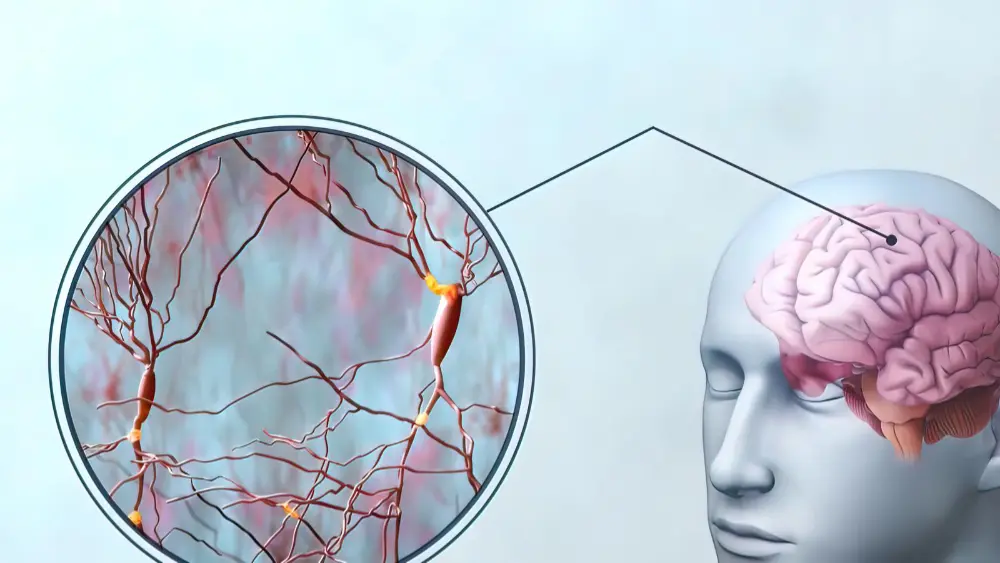Unveiling The Mental Pandemic And Its Devastating Consequences

The world grapples with enormous challenges of increasing mental and physical health, which overloads the healthcare systems. In the same time, the legal system is unable to meet the results of increasing poverty and social exclusion. This drives some individuals to engage in criminal activities. Another global issue is the severe consequences of global pollution. It´s changing the global climate with worse weather conditions and poisoned water and crops among other pollutions.
All of these consequences are based upon human interactions where we are all formed by our DNA and environment. The transfer of all these thoughts, emotions, beliefs, needs, and behaviors are invisible, hidden, and copied from other people. It is described as a Mental Pandemic. We have learned how to be and act, that are forming our lives and world.
What is the Mental Pandemic?
The Mental Pandemic is not caused by a virus, but rather by the "programming" of our thoughts, emotions, beliefs, needs, and behaviors. This "programming", subtle and pervasive, has serious implications for our lives and the world.
From an early age, we are molded and shaped by society's norms, expectations, and values. Our family, education system, media, and culture all play a significant role in programming our minds. This programming influences our thoughts, shaping our perceptions, thoughts, emotions, beliefs, needs, and behaviors.
While this"programming" can serve as a necessary social glue, allowing us to function within a shared framework. But it can also have detrimental effects on our well-being. The constant bombardment of media messages, advertising, and societal pressures can lead to a distorted sense of self and unrealistic expectations. This, in turn, can contribute to mental health issues such as anxiety, depression, and low self-esteem.
Moreover, the programming we are subjected to can have severe consequences for the environment. Consumerism, fueled by the constant need for more, is deeply ingrained in our programming. We are conditioned to believe that our worth is tied to the things we own and the status we achieve. This relentless pursuit of material possessions contributes to overconsumption, resource depletion, and environmental degradation.
Furthermore, the programming we absorb can push some individuals toward criminal behavior. The desire to fulfill programmed needs, such as the need for validation, acceptance, or financial security, can lead people down a path of illegal activities. Whether it is engaging in fraud, theft, or other criminal acts, individuals may resort to desperate measures to meet their programmed expectations.
The negative impact of this programming extends beyond individuals. It permeates our societies and the world at large. Divisions, conflicts, and social inequalities are often fueled by the programmed beliefs and biases we hold. Our inability to question and challenge these deeply ingrained ideas hampers progress and perpetuates injustice.
How do we combat the Mental Pandemic?
So, how do we combat this invisible pandemic? Awareness is the first step. By recognizing the power of programming and its impact on our lives, we can begin to question and challenge the beliefs and behaviors that no longer serve us. Critical thinking, mindfulness, and self-reflection are essential tools in breaking free from the chains of programmed thinking.
Education also plays a crucial role in addressing this issue. By incorporating lessons on media literacy, emotional intelligence, and critical analysis into our education systems, we can empower individuals to navigate the complex web of our mind's "programming" and make informed choices.
Additionally, fostering a sense of community and connection can help counteract the negative effects of the Mental Pandemic. By building relationships based on empathy, understanding, and shared values, we can create spaces that encourage authenticity and individual growth.
Ultimately, it is up to each of us to take responsibility for our own programming. By actively seeking out diverse perspectives, questioning societal norms, and nurturing our own well-being, we can break free from the invisible chains that hold us back.
Only by acknowledging and addressing the Root causes causing the Mental pandemic and it´s consequences, can we hope to create a healthier, more sustainable, and just world for ourselves and future generations.
Download and read the free report >>>
/Claes-Goran Hammar
PhD, Coach and Mentor

